Australia has refused to condemn what Israeli calls an ‘anti-Semitic’ ICC ruling on Benjamin Netanyahu
Australia is refusing to join the US and Israel in rejecting the International Criminal Court’s decision to issue an arrest warrant for Israel’s leader Benjamin Netanyahu.
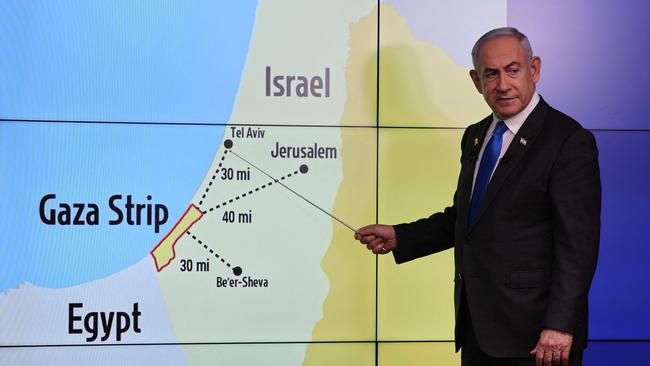
Australia is refusing to join the US and Israel in condemning the decision by the International Criminal Court to issue an arrest warrant for Israeli Prime Minister Benjamin Netanyahu, as the Albanese government suggests it would follow the court’s rulings as “a point of principle”.
The court’s unprecedented move against the leader of a democratic state means the court’s 124 member nations, including Australia, are obliged to arrest the Israeli leader if he visits.
Labor frontbencher Ed Husic on Friday declared the ICC was “doing its job” and suggested that the nation should not waver from global law.
Hours later, a government spokeswoman refused to explicitly confirm whether Australia would comply with the warrant, declaring “it’s not appropriate to speculate on hypotheticals around individual cases”.
However, in a comment that suggested the government would uphold the warrant, the spokeswoman continued “as a point of principle, Australia acts in a manner consistent with our international legal obligations”.
While US President Joe Biden denounced the ICC decision soon after it was released, Anthony Albanese declined to make a direct comment on Friday.
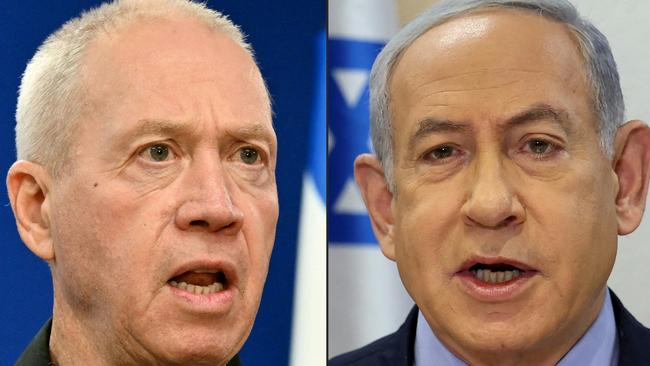
As Jewish leaders and supporters of Israel despair about the ICC and Labor’s position on the war in the Middle East, former foreign minister Alexander Downer said the government should now consider withdrawing from the international court.
“I had hoped it’d be a serious court,” said Mr Downer, who led Australia joining the ICC under the Howard government.
“We should make it clear that we wouldn’t arrest the Prime Minister of Israel.”
Foreign Minister Penny Wong did not join the US and Israel in criticising the court’s findings and did not say whether Mr Netanyahu would be arrested if he visited Australia. In a short statement on Friday, Senator Wong said the government “respects the independence” of the ICC.
“We have been clear that all parties to the conflict must comply with international humanitarian law,” Senator Wong said.
“Australia respects the independence of the ICC and its important role in upholding international law. Australia is focused on working with countries that want peace to press for an urgently needed ceasefire.”
Mr Husic, who in August called for sanctions against Israeli officials including Mr Netanyahu, backed the court process. “We respect international law and obviously these bodies need to be allowed to conduct their work in accordance with law,” he said.
When asked if Mr Netanyahu should be arrested, the Industry and Science Minister said: “I’m just going to let the law run its course.”
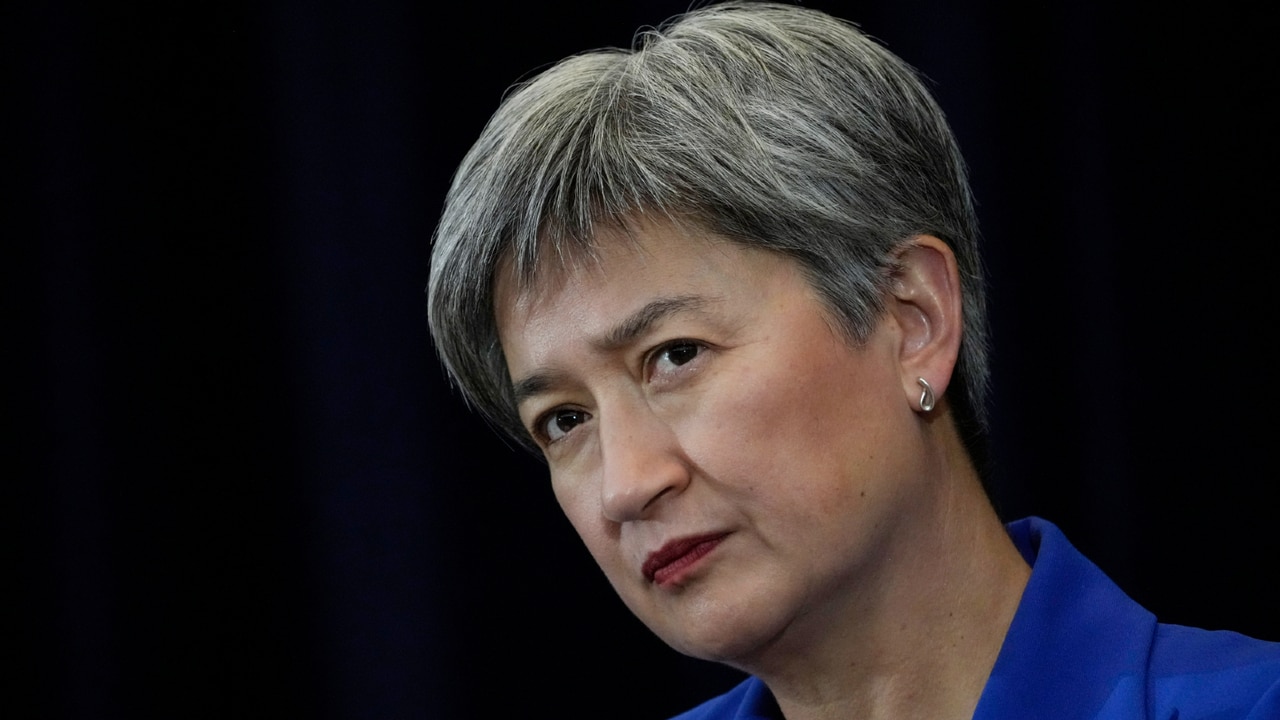
Labor’s comments on the ICC came as Israel criticised Australia for denying a visa to former justice minister Ayelet Shaked on character grounds. The Jewish state’s Foreign Ministry called the decision “unacceptable”.
Ms Shaked, who was due to attend a security conference in Canberra next week, was told by the Department of Home Affairs late on Thursday that her application for a visitor visa had been refused because she could vilify Australians or incite discord.
“The decision is deeply offensive and troubling, and will have a negative impact on Israel-Australia relations,” an Israeli Foreign Ministry spokesman said.
The ICC accused Mr Netanyahu and former defence minister Yoav Gallant of war crimes and crimes against humanity in the Gaza Strip, saying they “intentionally and knowingly deprived the civilian population in Gaza of objects indispensable to their survival, including food, water, and medicine and medical supplies, as well as fuel and electricity”.
The decision will further isolate Israel internationally and means Mr Netanyahu and Mr Gallant risk arrest if they visit many parts of the world, including all of Europe and the UK.
Israel accused the court of rewarding terrorism in its decision. Mr Netanyahu called the ICC’s allegations “absurd and false”, while Mr Gallant said it equated Israel with the terror group Hamas.
“No outrageous anti-Israel decision will prevent us – and will not prevent me – from continuing to defend our country in every way,” Mr Netanyahu said. “We will not succumb to pressure.”
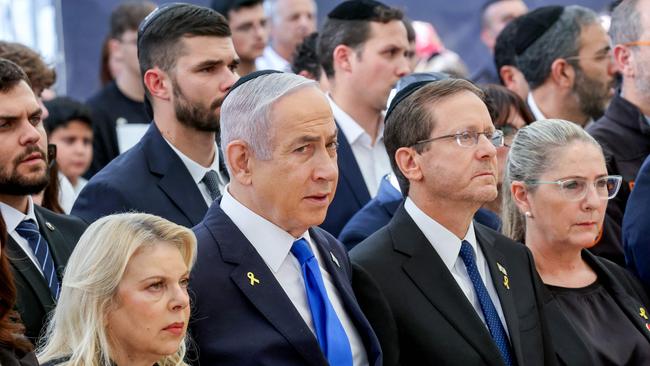
Mr Biden said the ICC’s decision was “outrageous”.
“Let me be clear: whatever the ICC might imply, there is no equivalence – none – between Israel and Hamas,” the US President said.
“We will always stand with Israel against threats to its security.”
Jewish groups in Australia were also outraged by the ICC ruling. Executive Council of Australian Jewry co-chief executive Alex Ryvchin said the move was “an attack on a democracy fighting a lawful and just war”.
“The ICC has a narrow mandate to pursue warlords and autocrats who can never be investigated or brought to justice in their own countries,” Mr Ryvchin said. “By pursuing the leaders of a democracy, the ICC is telling our politicians and our servicemen and women that they could be next.”
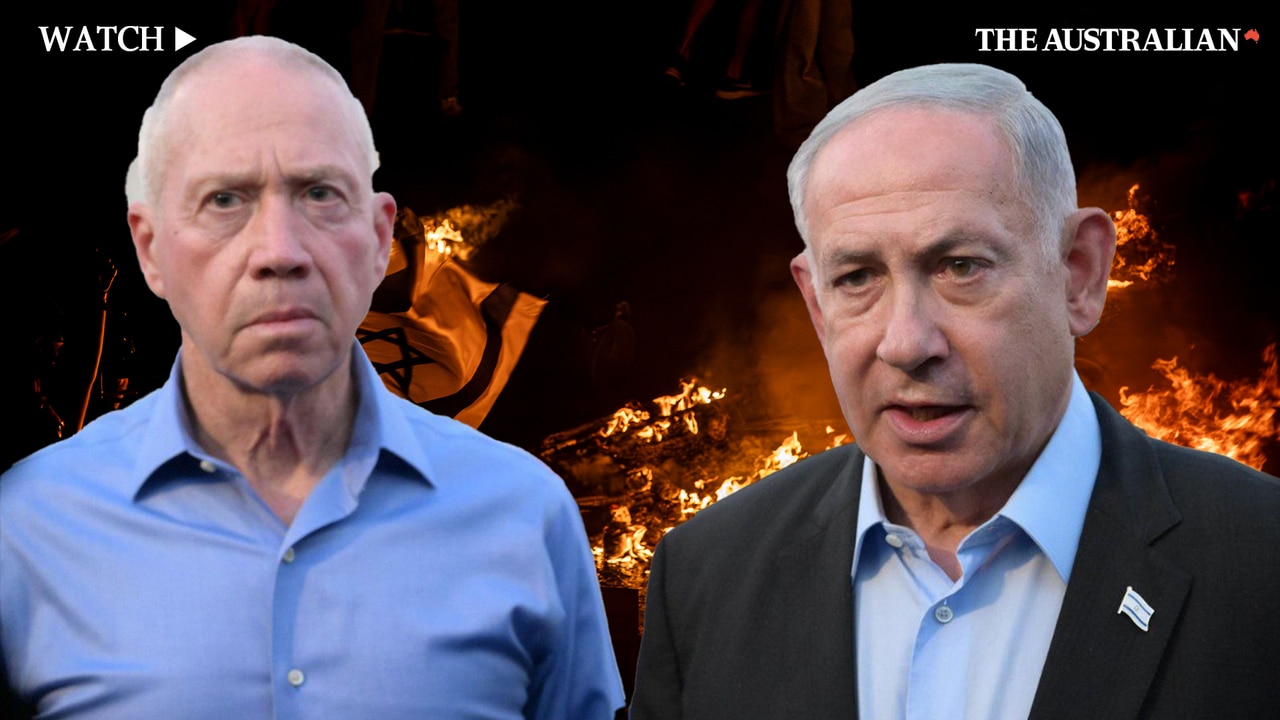
Zionist Federation of Australia president Jeremy Leibler, said: “This morally bankrupt decision by the ICC undermines justice by targeting the leaders of a democratic nation defending itself against terrorism.”
Australian Federation of Islamic Councils president Rateb Jneid said the ICC’s decision was a “bold step” toward “accountability” for “atrocities committed in Palestine”.
“It is imperative that all nations, including Australia, uphold the rule of law by recognising the jurisdiction of the ICC and ensuring the enforcement of these warrants,” Mr Jneid said.
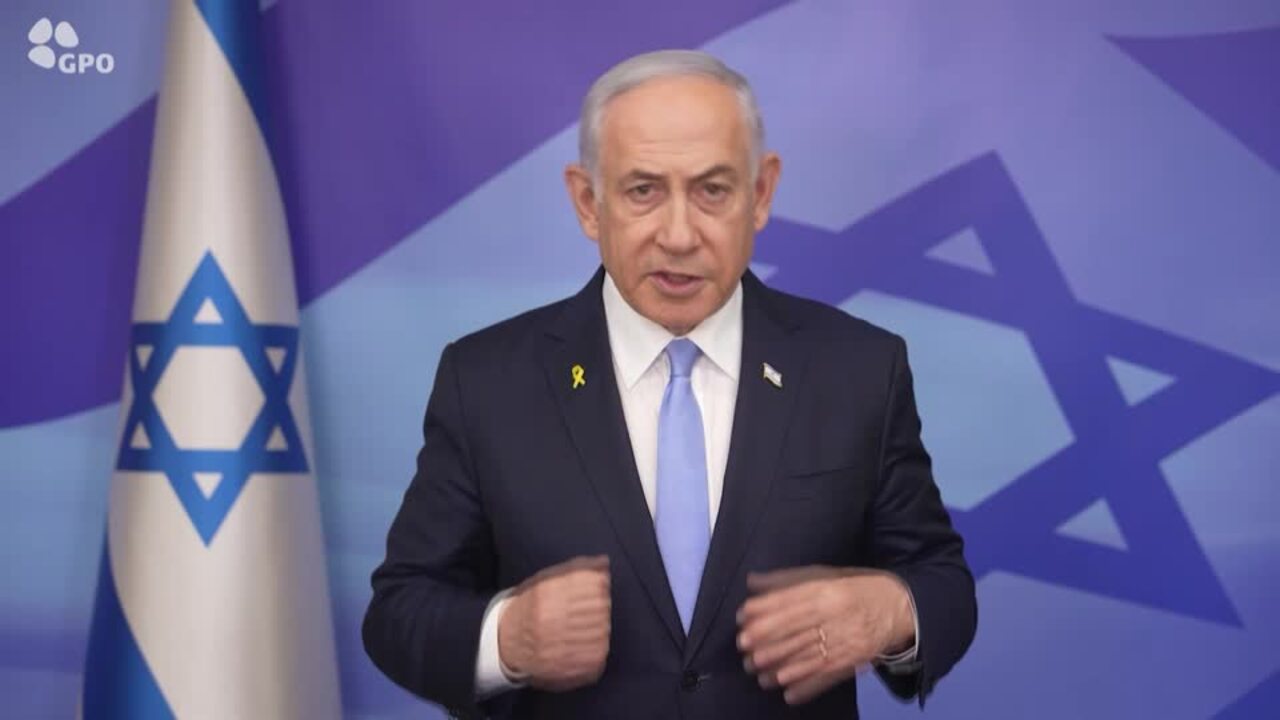
Although the 124 members of the ICC are obliged to follow the court’s ruling and enforce arrest warrants, some member countries have refused to do so in the past.
University of Sydney Law School associate professor Emily Crawford said there had been examples of states party to the Rome Statute who had “ignored those warrants” – for instance when a leader of Sudan travelled to South Africa with such a warrant, South Africa didn’t say or do anything. “I think the same thing would happen here,” she said.
ANU college of law professor Donald Rothwell also pointed to Mongolia failing to execute an ICC warrant against Russian President Vladimir Putin during a visit this year.
The ICC’s actions are the first against a leader of a democratic state. Previous actions have been against dictators including Mr Putin, Sudan’s Omar Hassan al-Bashir and Libya’s Muammar Gaddafi.


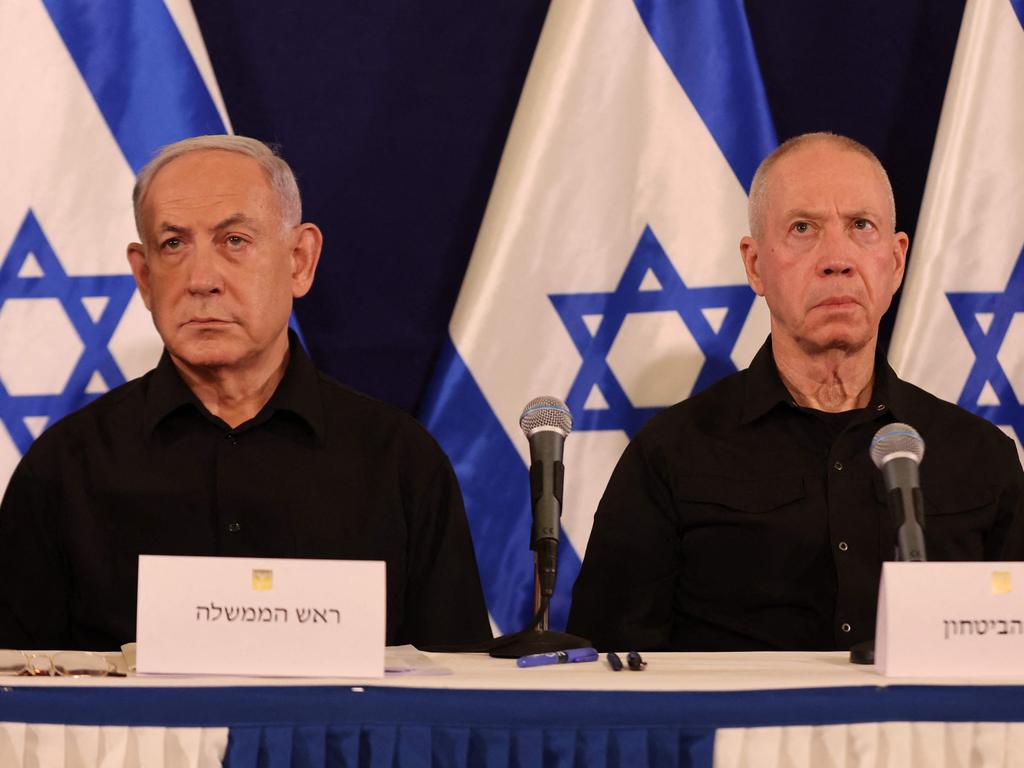

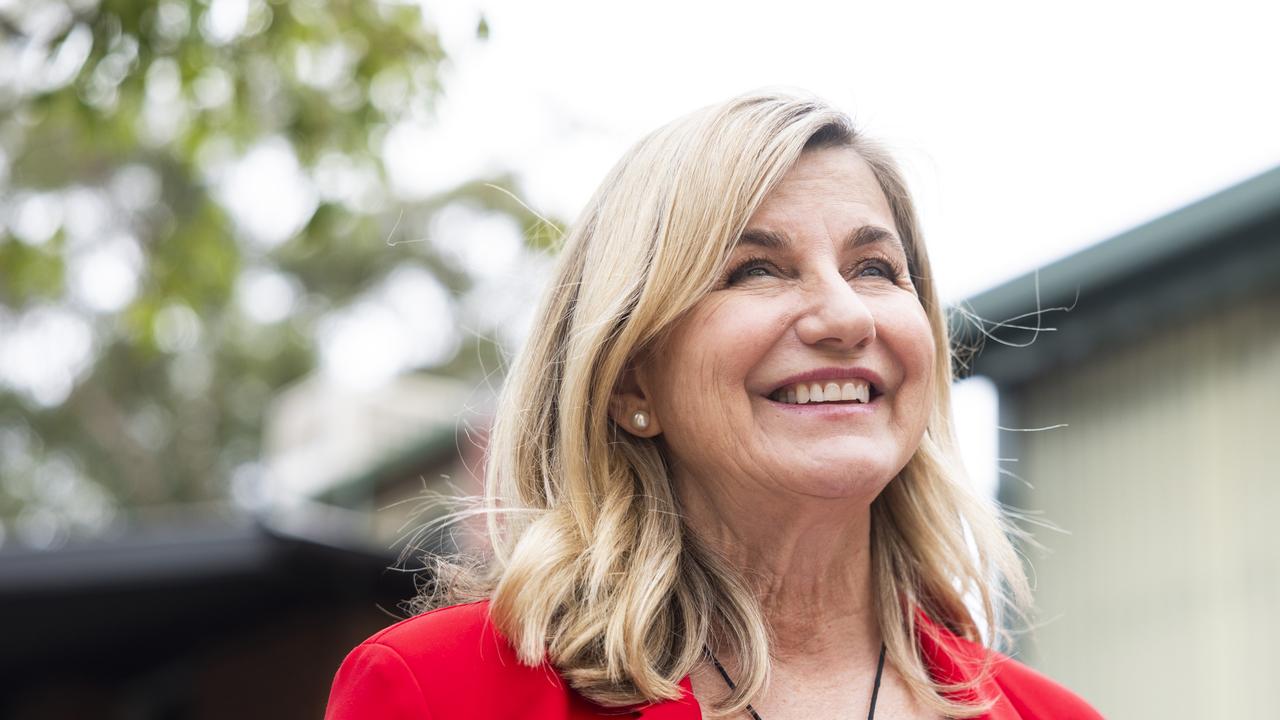
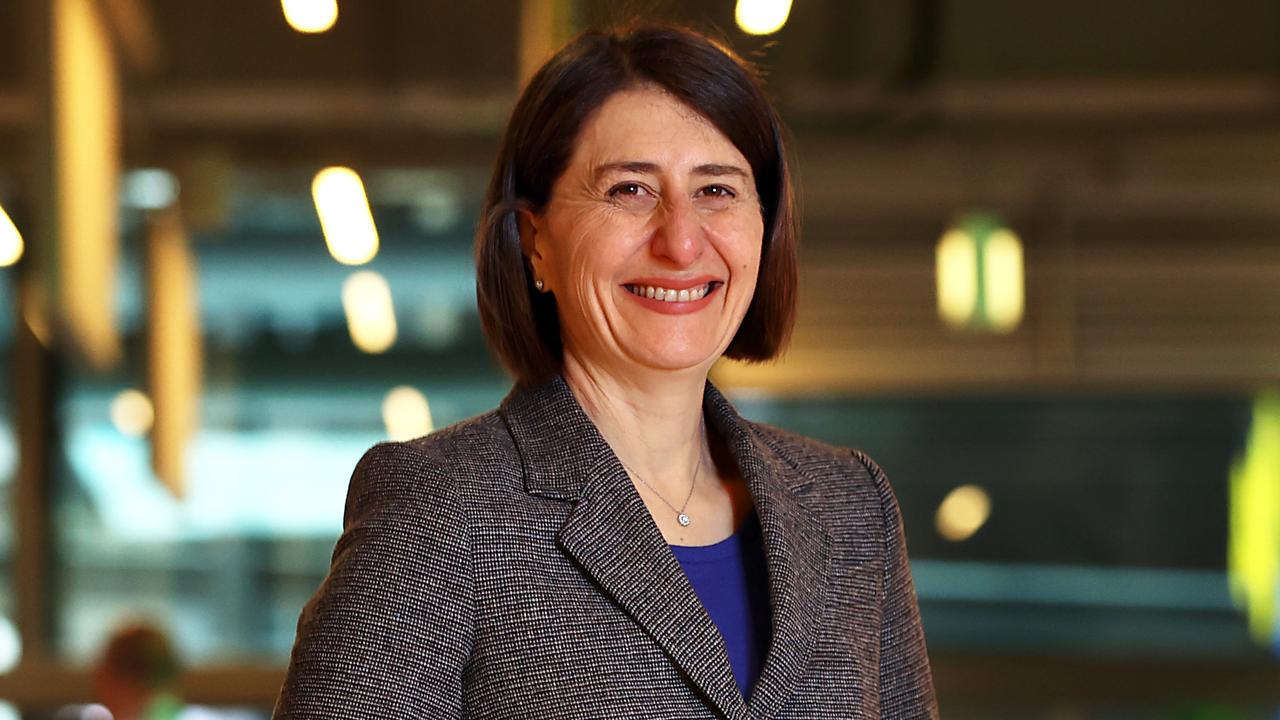
To join the conversation, please log in. Don't have an account? Register
Join the conversation, you are commenting as Logout